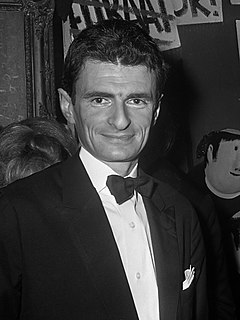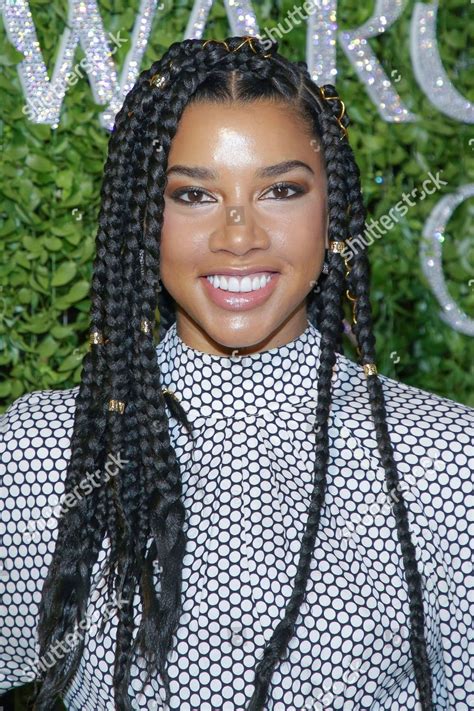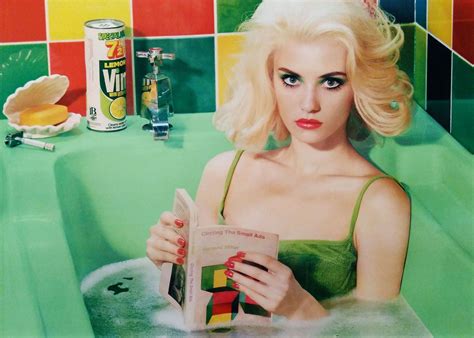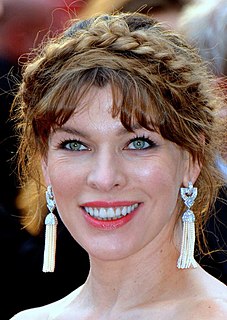A Quote by Terry Richardson
Like Robert Mapplethorpe, Helmut Newton, and so many others before me, sexual imagery has always been a part of my photography.
Related Quotes
I didn't do well in high school, but I took photography, and I loved being able to capture moments. It led to more and more photography, and fashion was the angle into photography for me. It was incredible to see photographs by Irving Penn or Helmut Newton. I was really intrigued by that, and that's what led me to New York City.
I like the drawings. And as a photography fan myself, I would look at Helmut Newton or Irving Penn and like to see the initial notes or drawings, to see where the ideas grew from. Also my sketches are key to my work because I came to realise early on that by doing drawings, I could formulate a plan of what I was thinking of - I could take control and direct the work.

































